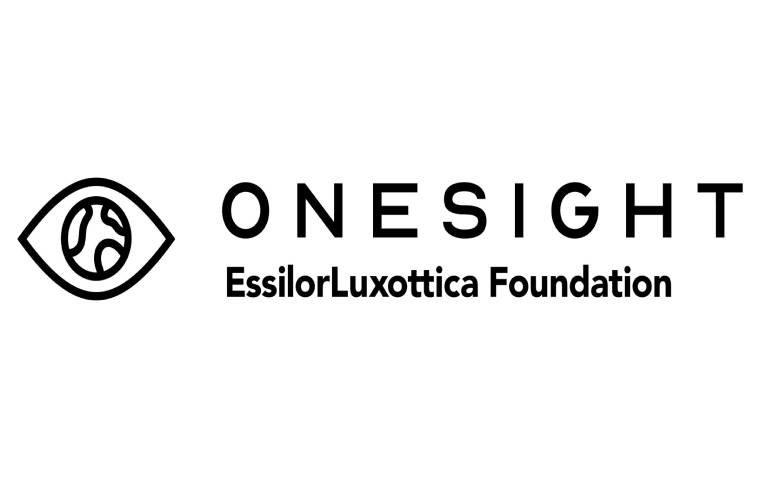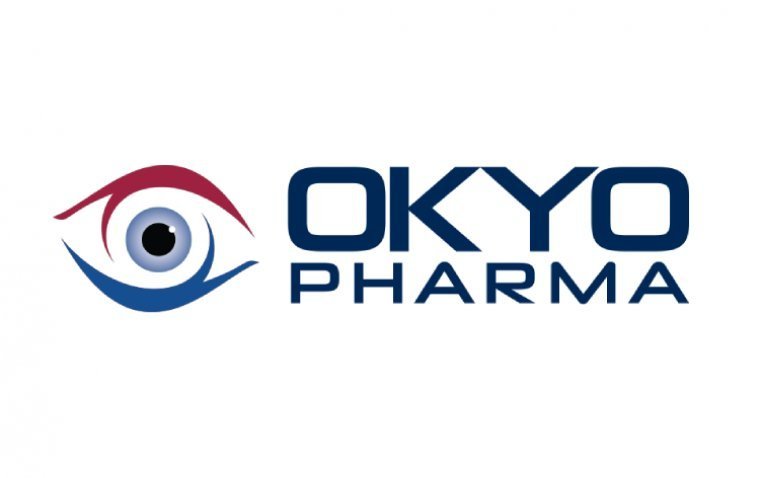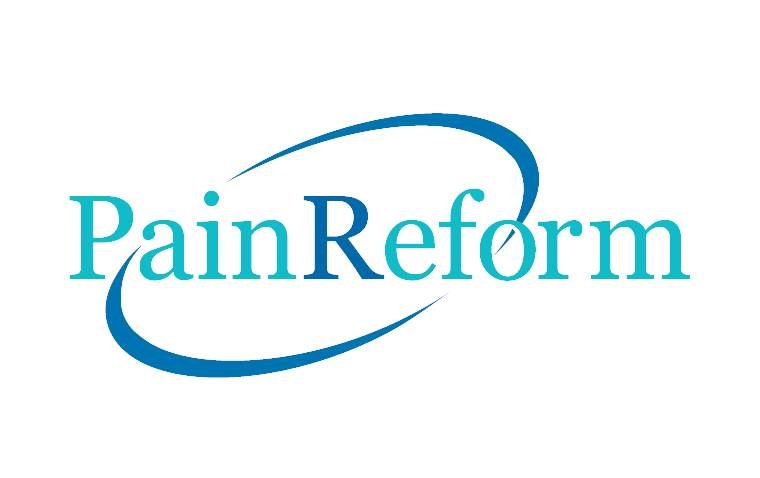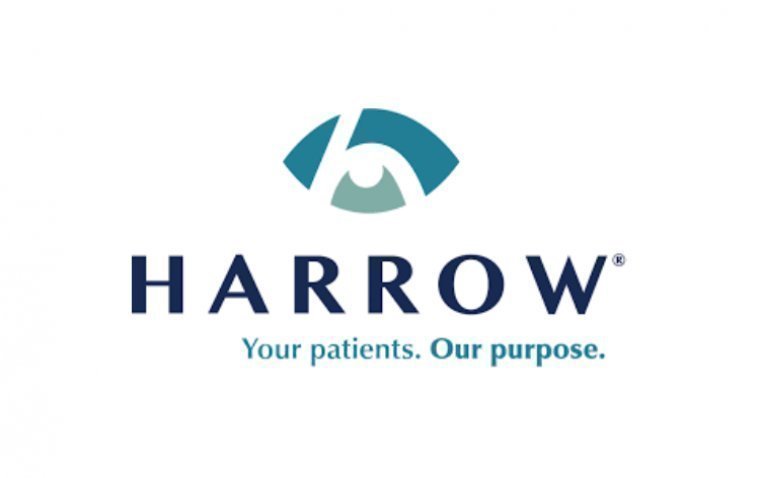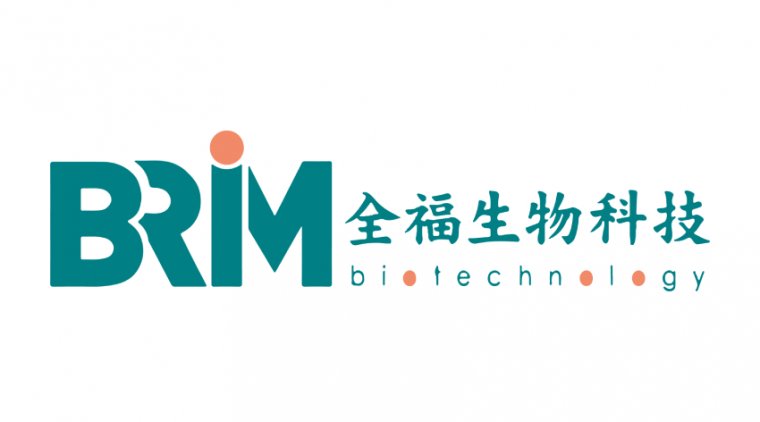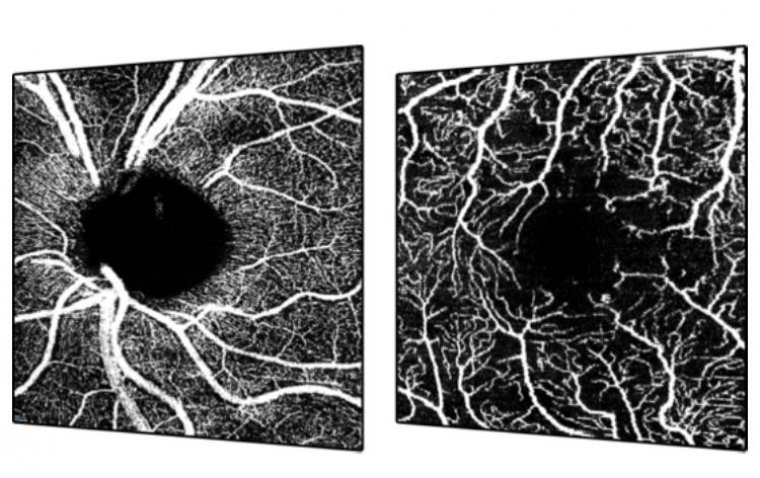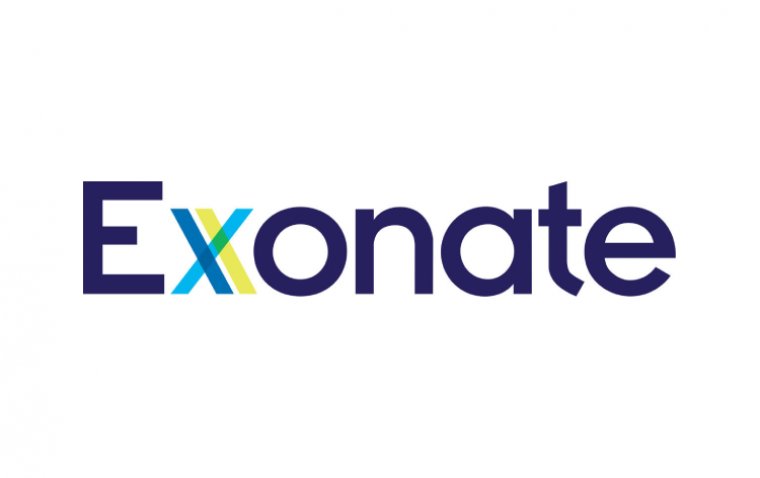
Exonate Announces Promising Results for EXN407 Eye Drops in Diabetic Eye Disease Trial
Exonate Ltd. announced promising Phase Ib/IIa clinical trial results for its leading drug candidate, EXN407, showcasing both safety and biological activity in treating diabetic retinopathy and diabetic macular edema. This positions EXN407 as a potential first-in-class topical treatment option for retinal vascular diseases.
The Science Behind EXN407
Developed as a twice-daily eye drop, EXN407 leverages its formulation to inhibit SRPK1, a key player in the alternative splicing of vascular endothelial growth factor (VEGF). This selective targeting aims to curb the progression of vascular retinal diseases by preventing the growth of leaky blood vessels within the eye.
Clinical Study Insights: Safety and Tolerability
The clinical study (NCT04565756) focused on treatment-naïve patients with mild to moderate non-proliferative diabetic retinopathy (NPDR) and mild diabetic macular edema (DME). It found EXN407 to be safe and well-tolerated, with a 100% study completion rate, no necessity for anti-VEGF rescue treatments, and no significant adverse events related to the drug. Comfort levels of the drops were comparable to placebo and artificial tears.
Furthermore, the trial revealed encouraging signs of EXN407's effectiveness, including sustained decreases in macular thickness and significant reductions in vascular leakage, offering a potential alternative to invasive anti-VEGF injections.
Executive Optimism and Future Directions
Catherine Beech, CEO of Exonate, expressed optimism about the trial's findings: “The Phase Ib/IIa data demonstrate the clear potential of EXN407 as a non-invasive treatment for these devastating, sight-threatening conditions, and the favorable safety profile and biological activity of EXN407 support its continued clinical development in retinal vascular diseases. The results suggest that topical ocular EXN407 may provide clinical benefits and substantially reduce the injection burden for patients with diabetic eye disease. We look forward to engaging with strategic partners to support the CLEAR-DM phase IIb trial, which has been designed to fully demonstrate the clinical benefits of EXN407 in NPDR/DME.”
Exonate is now gearing up to advance EXN407 to the next stage of clinical trials with the CLEAR-DM Phase IIb study, aiming to further validate its efficacy and safety in a larger patient population. This marks a significant step forward in offering an innovative, non-invasive solution to patients suffering from diabetic retinopathy and macular edema.
Diabetic Retinopathy & Diabetic Macular Edema
Diabetic retinopathy and diabetic macular edema are two prevalent vision-threatening conditions associated with long-term diabetes. Diabetic retinopathy (DR) occurs when high blood sugar levels cause damage to the blood vessels in the retina, the light-sensitive tissue at the back of the eye, leading to bleeding, swelling, and progressive vision loss if left untreated.
As DR advances, it can evolve into diabetic macular edema (DME), characterized by the accumulation of fluid in the macula—part of the retina responsible for sharp, straight-ahead vision. This accumulation can cause the macula to swell, distorting vision and, in severe cases, leading to significant vision impairment or blindness. Both conditions underscore the critical importance of regular eye examinations and control of blood sugar levels in individuals with diabetes to prevent onset and progression.
Reference:
https://www.exonate.com/updates/exonate-first-class-eye-drop-phase-ibiia-trial-dat/
(1).jpg)
